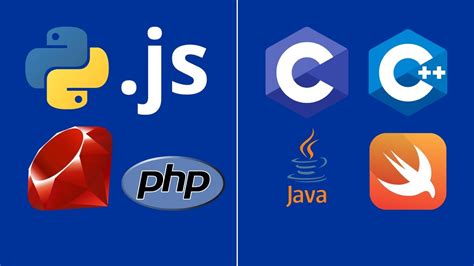The conversation around the use of Lua, particularly in game development, has never been more vibrant. Developers who have shipped substantial projects, such as a game with over 60,000 lines of Lua code, have galvanized debates on the strengths and weaknesses of scripting languages versus compiled languages. Despite the high level of work involved, shipping a game using a language like Lua opens up discussions on its feasibility and performance. These debates often touch on Lua’s simplicity and the trade-offs compared to other languages like C++ or Rust. In this article, we’ll delve into the myriad opinions and insights from various developers, experts, and enthusiasts regarding Lua in the realm of game development.
One of the key arguments against using Lua as the primary language in game development comes from voices like Jonathan Blow. Blow’s critical take on scripting languages emphasizes performance bottlenecks and error-proneness. According to Blow, scripting languages slow down development due to their extensive engine integration needs and the burden of managing bug-ridden code. While Lua offers quick iterations and accessibility for non-programmers, it often results in lower-quality code that demands substantial oversight. Blow’s advocacy for robust compiled languages like C++ suggests a shift toward more controlled and user-friendly systems, such as the visual scripting platforms in Unreal Engine. This perspective highlights a growing sentiment among developers to favor languages that provide more stability and performance, even at the cost of initial complexity and longer iteration cycles.
However, not everyone aligns with Blow’s viewpoint. Many developers cherish Lua for its simplicity and minimal learning curve. For instance, the community around the Love2D framework speaks highly of Lua’s ease of use and the ability to achieve quick, functional results without diving deep into documentation. Developers often highlight the joy of working with Lua on personal projects, thanks to its straightforward syntax and flexibility. The lack of built-in complex features is seen as a double-edged sword; while it requires developers to create their own solutions, it also fosters a deeper understanding of the language’s inner workings. As an embedded language, Lua’s adaptability makes it particularly attractive for smaller-scale projects or as a scripting extension in more substantial games.
A significant point of contention is the handling of coding errors and debugging. Lua’s tendency to return `nil` silently when referencing non-existing elements can be a nightmare for debugging, leading to downstream failures with no clear indication of the source error. Solutions like attaching metatables to objects or using linters like **luacheck** offer some mitigation, but these workarounds underscore Lua’s limitations in large, complex projects. On the other hand, some developers argue that the benefits of working in a dynamically typed language, particularly in terms of rapid development cycles, outweigh these drawbacks. Debugging complexities aside, Lua’s lightweight and embeddable nature continue to make it a preferred choice for many, especially in scenarios where integrating more heavyweight languages like C++ or Rust would introduce unnecessary overhead.
Comparatively, languages like Rust and Python also enter the conversation. Rust, with its strong type system and safety features, appeals to developers who crave more control over memory management and type safety—particularly those coming from dynamically typed languages. Rust’s borrow checker and its distinction between arrays and hashmaps provide a more structured development environment, which some developers find indispensable after experiencing the free-form nature of Lua. However, the compile times for Rust can be prohibitive, contrasting sharply with the instantaneous feedback loop that Lua provides. Python is often mentioned as a middle-ground—offering more batteries-included than Lua and a more extensive ecosystem—yet it battles its own set of performance issues and complexity in certain embedded scenarios.
Ultimately, the decision to use Lua, or any scripting language, in game development hinges on the specific project requirements, team expertise, and the desired balance between development speed and code robustness. The debate is far from settled, and as game development technologies continue to evolve, so too will the perceptions and uses of languages like Lua. Whether you’re a beginner exploring coding through Lua or a seasoned developer working on a new engine, the landscape offers a spectrum of tools tailored to diverse needs and aspirations. As the industry evolves, the adaptability and performance of compiling and scripting languages will continue to be pivotal, shaping the future of game development.


Leave a Reply